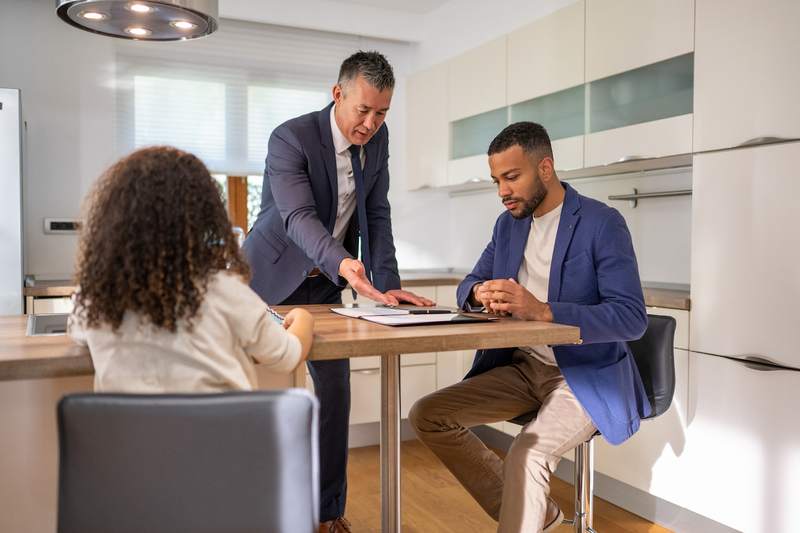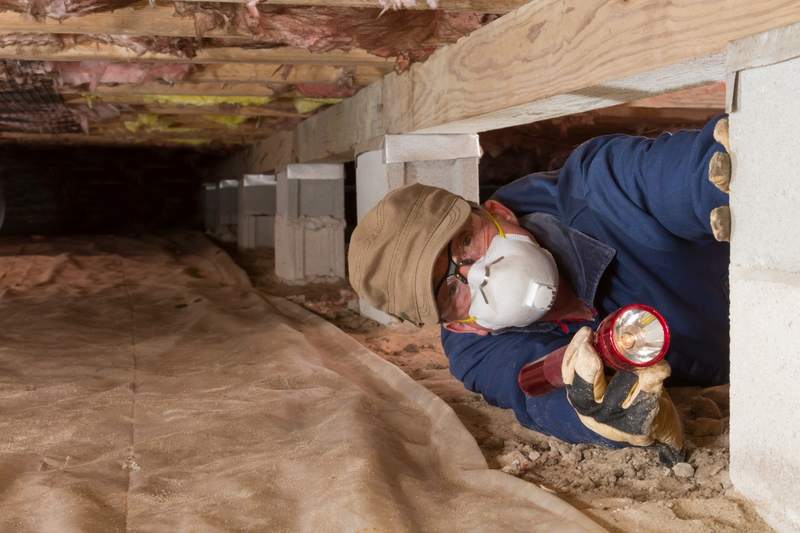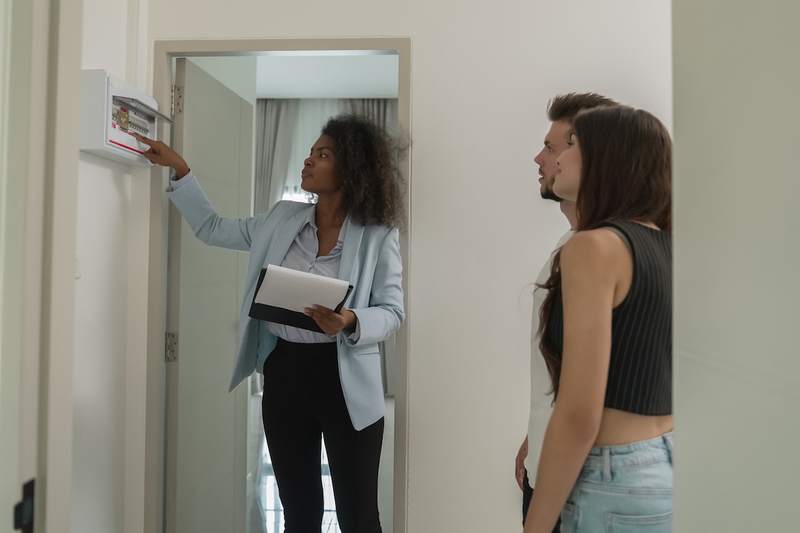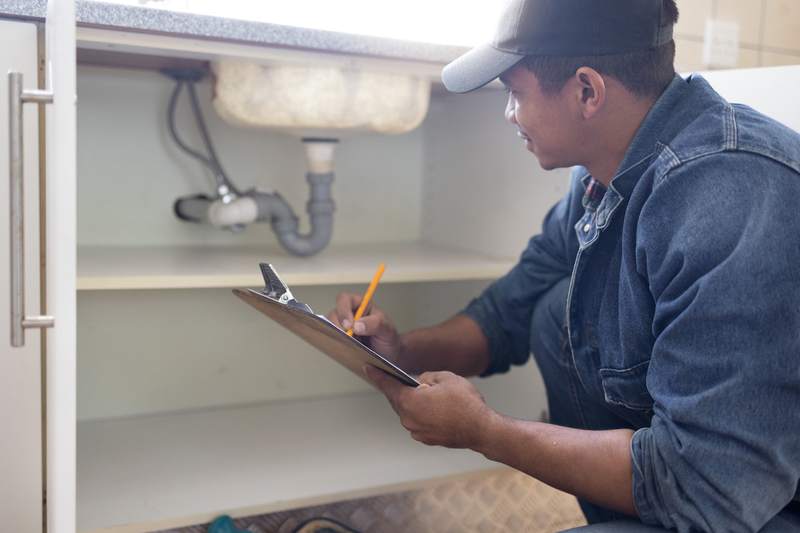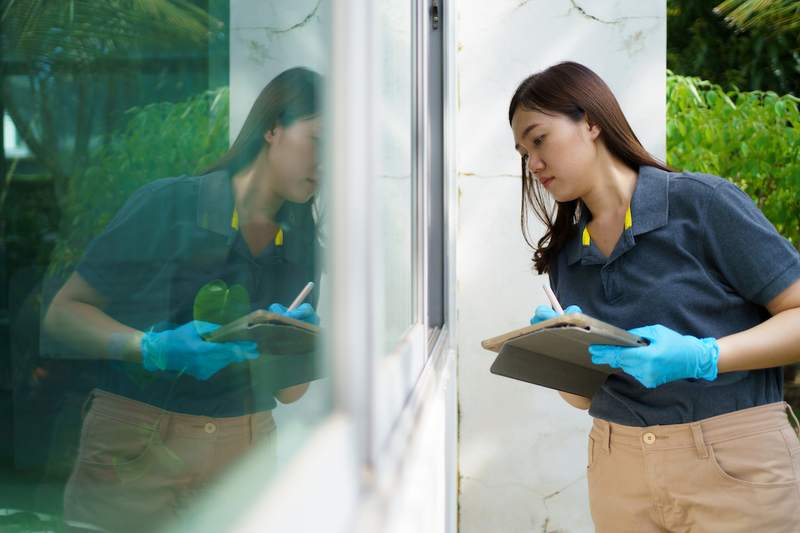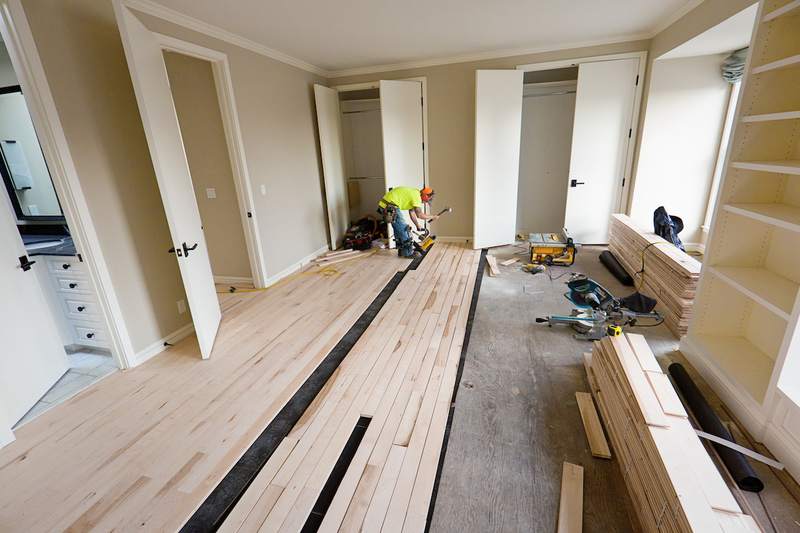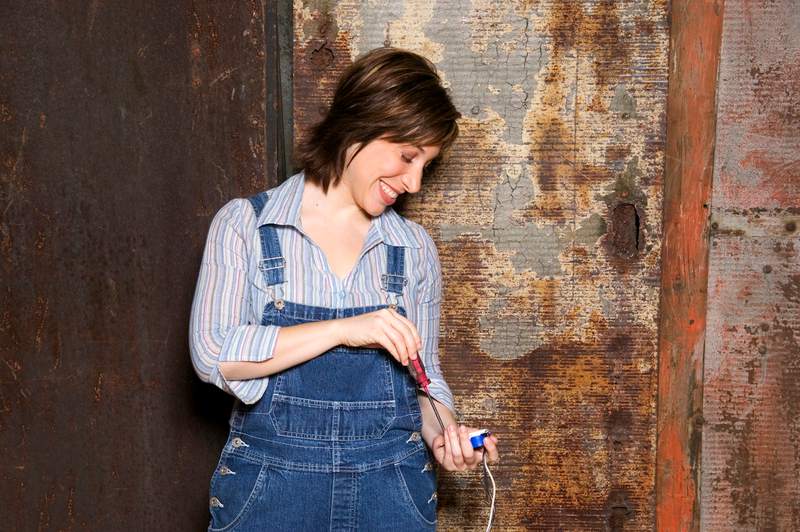
Buying a home “as is” means the seller is unwilling to make any changes or repairs to the home before closing. If anything is broken or damaged, the buyer takes on the responsibility — and the cost — of fixing it. The upside, however, is that buying a home as is can score you a home at a lower price, and let you close a sale more quickly.
Here’s a closer look at the upsides and downsides of buying a home as is, and what to find out before making a decision.
10 Questions To Ask Before Buying an As-Is Home
Before you make an offer on an as-is home, here are 10 questions you should ask.
1. Is the home livable?
Lenders set livability standards — known as minimum property requirements — that a home must meet in order for you to get a mortgage to buy it with. One of the most basic of these requirements is that the home is livable. Also, if there’s no power available, or the water isn’t running in the home, you won’t be able to secure financing to buy it.
2. Which repairs are essential, which ones can be put off?
Mold, pests, structural issues, or a leaky roof are all problems that need to be dealt with immediately. For smaller issues or cosmetic repairs, such as chipping paint or a worn floor, you may be able to hold off on fixing them until you can afford it.
3. Can I afford repairs?
Make sure you’ll have enough money left over after your down payment and closing costs for essential repairs or renovations. If the repairs are expensive, the home may cost you more — even with a discounted purchase price — than one that’s in turnkey condition.
4. Can I borrow money to make repairs?
If you won’t have enough money left after buying the home to pay for repairs, you could borrow money to fund these projects. However, you’ll be going into more debt, on top of a new mortgage. Not to mention, interest rates for credit cards and personal loans tend to be quite high.
5. How long will repairs take?
If repairs can be performed before you move in, then timelines shouldn’t be a problem. However, if repairs take longer, you may end up living in a home that’s under construction. Depending on the nature of the repair, that can be annoying at best, and unsafe at worst.
6. Does the home meet lender requirements?
Beyond livability, lenders have requirements that a property must meet for them to approve a loan for you to buy it with. This can mean that the home must have a sound foundation, a sealed roof, sufficient plumbing, clean drinking water, and no pests.
7. Is the home insurable?
Mortgage lenders require you to have homeowners insurance to protect the home from financial losses. However, some homes’ condition or age make them a greater risk for insurers to cover. That usually means more expensive premiums, lower coverage limits, or the insurer refusing to insure the home at all.
Before you buy a home as is, make sure you’re able to get a homeowners insurance policy that you can afford.
8. What are my legal rights?
There are some things about a home that sellers must disclose, even if they are selling it as is. For example, federal law requires sellers to disclose if the home has lead paint. In some states, sellers need to disclose any known water damage, mold, or the presence of termites. If they fail to make required disclosures, buyers may be able to sue them for damages or repairs — even after the sale has closed.
9. Am I comfortable with the risk?
You take on more risk buying a home as is because once you’ve closed on the sale, you’re fully responsible for making and paying for any necessary repairs. Make sure you’re comfortable with the trade-off of taking on that responsibility in exchange for a discounted purchase price.
10. Is the home worth the effort and cost?
Some people like the challenge of buying a fixer-upper and remaking the home exactly the way they want it. Other people don’t watch much HGTV, or just don’t enjoy repair projects, and are hesitant to buy a home that requires fixes. Remember that buying a home as is often means there are unknown problems you’ll have to deal with after you close the sale.
Pros and Cons of Buying a House As Is
Here are some of the advantages and drawbacks of buying a home as is.
Buying a Home As Is: The Pros and Cons
| Pros | Cons |
| — Lower price. — Quicker closing. — Less competition from other buyers. | — You�’ll have to pay for repairs. — There might be unknown problems with the home. — You have less room to negotiate. — Can be difficult to finance. |
FAQ
Here are answers to some common questions about whether you should buy a home as is.




